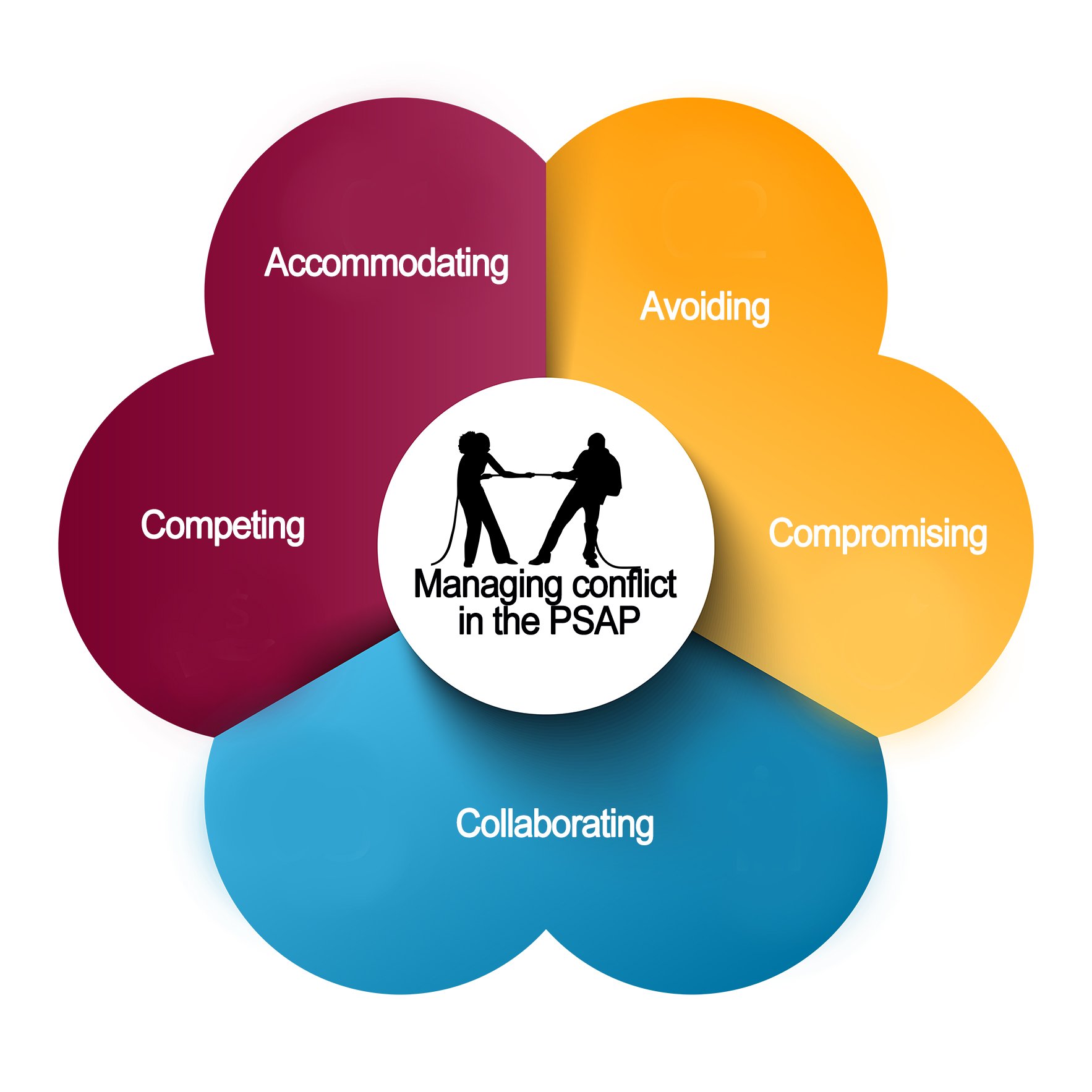What can I say other than it happens to everyone at some point in their career? And some people deal with this more than others.
“She’s always taking time off”
“He never works overtime”
“She takes all the overtime”
“He ate my yogurt”
“John left dirty dishes in the sink again”
“Mary is never on time”
“He doesn’t pay attention to the radio”
“She never processes warrants”
“Where are my pizza rolls”
“Lisa won’t refill copy paper, ever”
I bet you have names in mind already that you are saying to yourself, “yes, that’s him alright”. If you are a supervisor, this is always at the forefront of your shift. Whether it is something trivial like cleaning the microwave or more work-related like filing protection orders in proper alphabetical order. It happens. The question is, was it intentional, accidental, or something the person is not even aware of? We all hope that the operational problems that cause conflict are not often or recurring, those need to be addressed by management and supervision. But for the non-essential problems, they can cause grief among the dispatchers.
Can’t we just all just get along? Maybe, and maybe not.
We all have individual personality traits and we are not all the same. What may be disruptive or rude in one culture may be perfectly acceptable in another. Furthermore, you are working side by side with Baby Boomers, Generation X’s, Millennials, Generation Z and all the personal bias that comes with just that topic, age. Understanding that we are all human and strive for the same work/home life balance takes some work for each of us. Accept the fact that people do not set out to be disruptive. Remove the assumption of malice and your perspective of the problem or individual may change.
There are healthy team conflict and unhealthy team conflict, both types usually follow a series of stages. People want something but run into someone who disagrees with or obstructs their progress. Both parties feel frustrated because they can’t do or get what they want. They blame each other and may feel angry and do or say things based on how they have come to interpret what happened. Both parties react and the conflict escalates. Here is where conflict management skills are needed. Several techniques may be used depending on the personalities involved and the conflict at hand.
Here are five types of conflict management styles that are widely recognized:
An accommodating style is used when you set aside your own wants or needs and focus on others. You leave your concerns behind and accommodate those of someone else. This style can be seen as weak, but this is not the case. It should be used when you see that elongating the resolution process will only make things worse.
An avoiding style ignores the situation altogether. Either one or both of the people involved steer clear of it. While pressing conflicts should be addressed immediately, others aren’t worth the trouble and will eventually fizzle out leaving no major impact on either party involved.
A compromising style tries to find a way to partially satisfy people on both sides of the argument. Adjustments are made on both ends to resolve the conflict at hand. While both parties will not be fully pleased with the end result, sometimes a compromise is your best bet.
Collaborating style includes finding a solution that will completely appease all involved parties. A “win-win” situation. This is the best-case scenario, but it can sometimes be the hardest to attain.
A competing style is when you take a firm stance and refuse to budge until you get what you want. You are unmoved by the perspectives of the other parties involved in the conflict. Personal beliefs, values, and needs are not worth compromising on. Stand strong when fighting for something that means a lot to you.
Every conflict is different and there is no right way to manage it. Consider all the factors that come into play when choosing how to approach your conflict resolution. Remember we want to start with the premise that people don’t start out to be disruptive, be kind. You don’t want to humiliate people. Advocate for addressing the conflict in private.
Diversity is an asset. Adhering to core values of trust and respect for our individual differences will make your PSAP succeed. And just maybe, the next time you say “who ate my pizza rolls?” you will take a deep breath, analyze the situation, and find them hidden in the bottom of the freezer.


Recent Comments